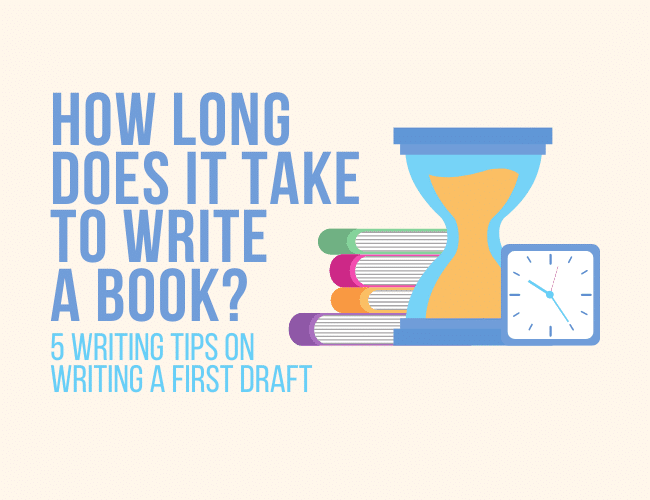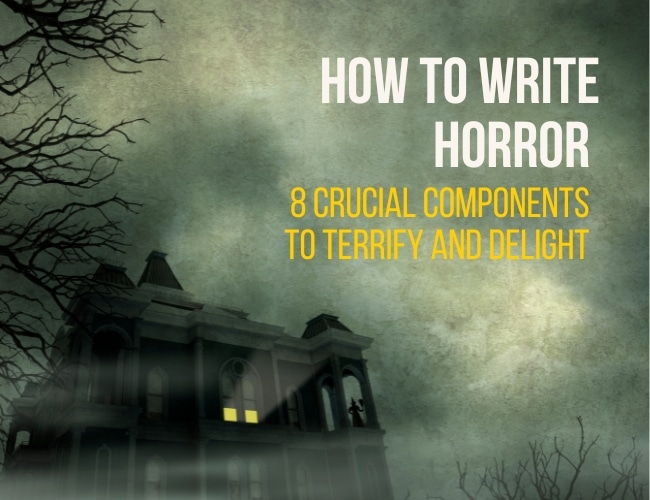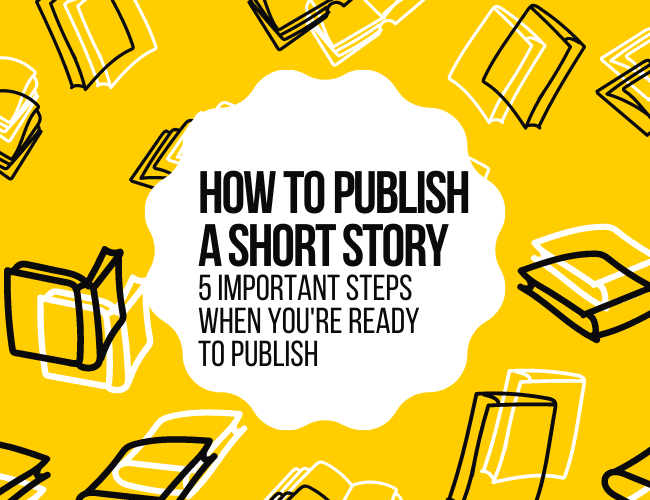
by Joslyn Chase and Sarah Gribble |
Whether you’re self publishing or you have a traditional publisher, it’s up to you to sell your books. Email marketing is the number one way to sell books. But in order to use email marketing effectively, you first have to gather a list of email addresses, a group of readers who want to hear from you.
Struggling to build your list? Try this.

by Sarah Gribble |
How long does it take to write a book? Writing the first draft of a book is a grueling, intimidating process. But it doesn’t have to be a slow process.
Ask one hundred writers how long it takes them to write their first drafts and you’ll get one hundred different answers. There is no perfect length of time to spend on a first draft.
You will find, though, that the writers whose answer is closer to a couple of months than to a couple of years are most likely more successful.

by Sarah Gribble |
Horror is a genre of literature or film that wants to evoke fear, shock, and suspense. Characters battle for their life versus a fate worse than death.
What makes a good horror story is the ability to tap into our deepest fears and deliver them in a captivating way. Even if you don’t consider yourself a horror writer, practicing a few short stories in this genre can help you understand human fear and the way it motivates action.

by Sarah Gribble |
So you’ve written a short story. Now what? This step-by-step guide will walk you through the complete process for how to publish a short story.

by Sarah Gribble |
You’ve probably heard this one before: Your character must change throughout the course of your story. Characters need to transform.
I see a lot of confusion over this concept. Writers can normally nail the change (weak to strong; bad to good; cynical to optimistic) but it often comes from a weird place that doesn’t sit quite right with what we know about the protagonist. Or it’s too big of a change (or too much of a “fairy tale ending”) to be believable.
Writers think that great characters need drastic changes, but this isn’t always the case.
Let’s take a look at how writers should deal with character change, and how creating a character arc might make for a more interesting cast and plot.







